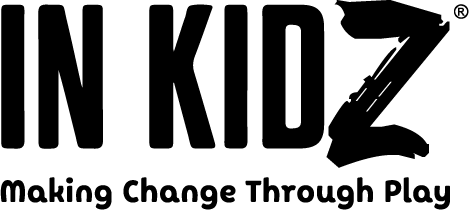Jamaica’s influence on music has influenced the world and has manifested in countless different ways. Most people are familiar with Jamaica’s reggae, as well as other musical styles imparted by Jamaica that include mento, ska, rocksteady, and dancehall. It is easy to become mesmerized as you immerse yourself in the thumping of the deep bass drums on a sweet reggae beat.
The classic image that comes to mind when you think of Caribbean music is Bob Marley holding his guitar or Peter Tosh wearing a beret. While Jamaica and the legends of reggae have made their lasting mark on world music, there is also a rich musical history that coincides with culture across the Caribbean islands.
Reggae was developed in Jamaica in the late 1960s, and has since become incredibly popular worldwide. While it is a genre that is sometimes used to refer to most Jamaican music, it’s more specifically about a style that uniquely combines Jamaican folk music, American jazz, R&B and the catchy, familiar guitar upstrokes of the ska and rocksteady genres. Reggae music is important because of its understanding of Jamaican lifestyle and it’s unique culture. Reggae traditionally has become a way to creatively celebrate the country’s nationalism.
Reggae became popular around the world, due in large part to the international success of artists like Bob Marley, Peter Tosh and Bunny Wailer. Marley’s lyrics about love, redemption and natural beauty captivated audiences all over the world. The power of reggae, built on a foundation of history with the spirit of the Jamaican people and messages of a better future, became a notion that is universally appreciated. Jamaican music’s popularity has spread throughout the world, and is deeply entrenched in the musical culture of the world.


